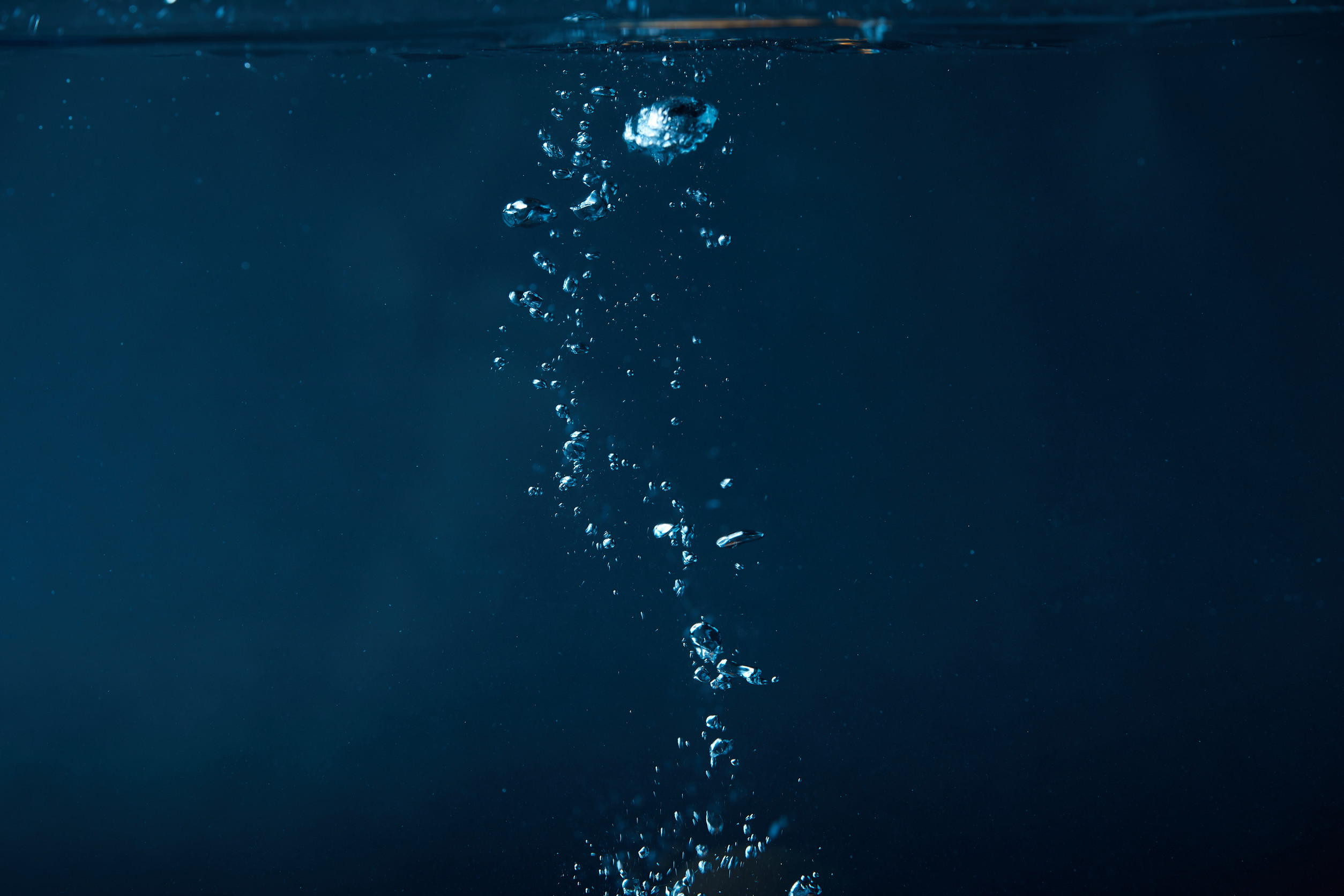BY THE OPTIMIST DAILY EDITORIAL TEAM
Coral reefs are in crisis, and scientists around the world are racing to find solutions before these vital ecosystems fade away. Enter UZELA—the Underwater Zooplankton Enhancement Light Array—a new, low-tech but high-impact device developed by researchers at The Ohio State University. This small but mighty invention has the potential to help corals survive in an increasingly hostile ocean environment.
How UZELA works
UZELA is a submersible, programmable light system designed to attract zooplankton—the tiny organisms that make up a critical part of the coral diet. When deployed, the device emits light for about an hour each night, concentrating zooplankton populations up to seven times their normal levels. More food means better-fed corals, which could increase their resilience against environmental stressors.
“Coral reefs house one-third of all marine species, yet occupy less than one percent of the ocean,” said Andréa Grottoli, lead author of the study and professor of earth sciences at The Ohio State University. “They are disproportionately responsible for ocean health, and we’re at risk of losing them.”
The device was tested near two native coral species in Hawaii, Montipora capitata and Porites compressa. The results were staggering—coral feeding rates increased by 10- to 50-fold in areas where UZELA was used, according to research published in Limnology and Oceanography: Methods.
A band-aid for a bigger problem
Coral reefs are facing unprecedented threats, from rising sea temperatures to ocean acidification. The latest mass coral bleaching event, observed between February 2023 and April 2024, affected more than 60.5 percent of global corals, according to the U.S. National Oceanic and Atmospheric Administration (NOAA).
Bleaching occurs when heat stress forces corals to expel their symbiotic algae—the microscopic organisms that provide them with nutrients and vibrant colors. Without these algae, corals become weak, making them more vulnerable to disease and death. While zooplankton cannot replace lost algae, a steady food supply could help corals recover by providing essential nutrients.
Grottoli acknowledges that UZELA is not a cure-all solution but rather a stopgap measure to protect vulnerable reefs. “Think of it as a band-aid for about a couple of decades,” she said. “It can protect some corals in some places, sometimes.”
Designed for the real world
UZELA was built with practicality in mind. Each device can be deployed for up to six months on a single battery, and maintenance is minimal—trained divers can easily handle repairs and adjustments. By keeping the light exposure brief, researchers ensured that UZELA attracts just the right amount of zooplankton without disrupting the natural nocturnal behaviors of other marine species.
The current challenge? Scalability. Right now, each unit is handmade, which limits its widespread application. However, the team is collaborating with a local engineering company to create a more efficient, scalable version. If all goes well, an upgraded UZELA could be ready for widespread use within the next one to three years.
A race against time
While tools like UZELA can help sustain corals in the short term, Grottoli emphasizes that long-term coral survival hinges on addressing climate change. “We are not mitigating climate change fast enough to save coral, and UZELA is not going to instantly save coral reefs,” she said. “But it is an exciting solution that will buy us time as we work toward a more sustainable environment.”
In the battle to save the world’s coral reefs, UZELA may not be the ultimate fix, but it’s a powerful ally—one that could give these fragile ecosystems a fighting chance.
Source study: Limnology and Oceanography: Methods— Underwater Zooplankton Enhancement Light Array (UZELA): A technology solution to enhance zooplankton abundance and coral feeding in bleached and non-bleached corals











